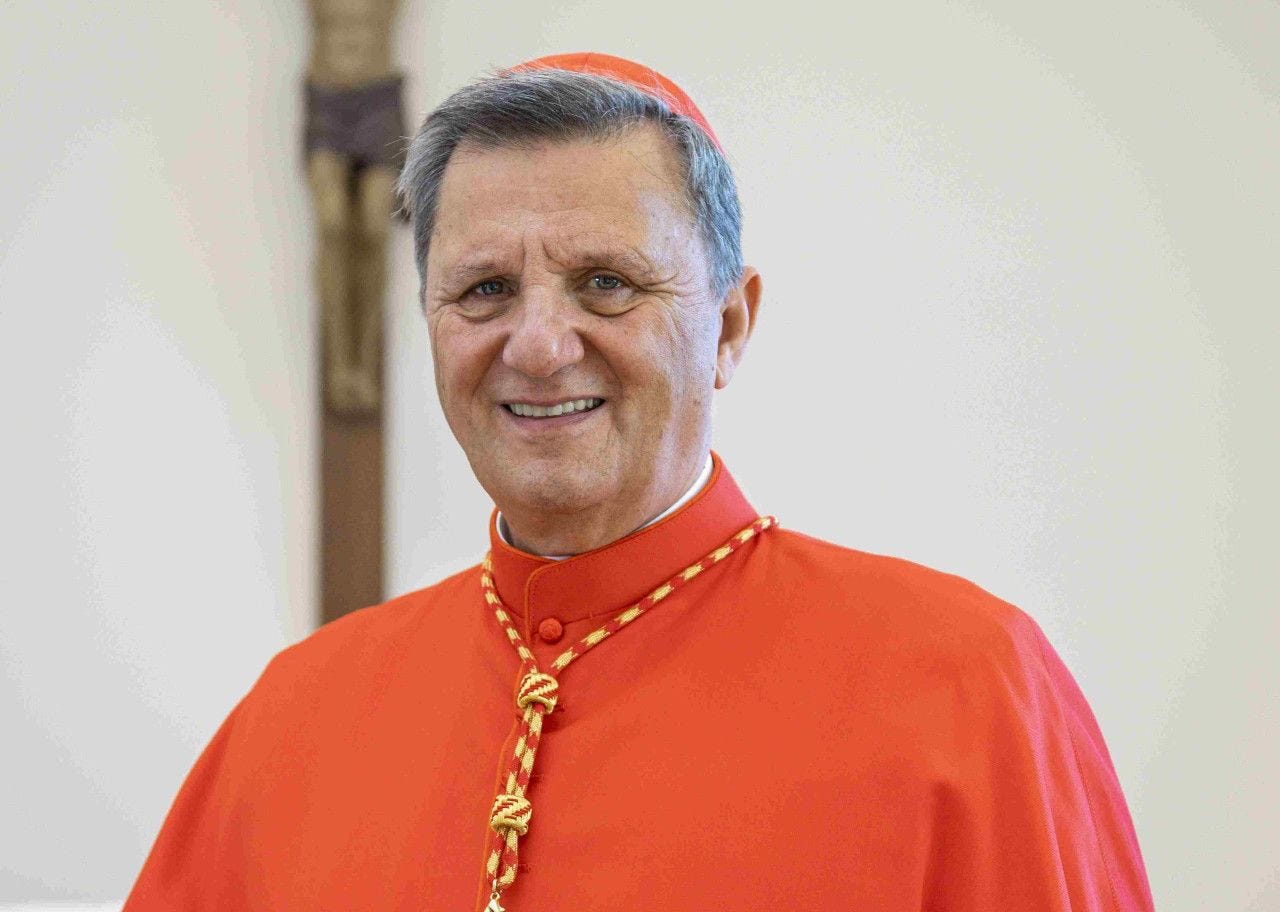The rise of Cardinal Grech
Cardinal Mario Grech has become much more than the coordinator of a process, he is the leading champion of the concept of a “synodal Church”.

Cardinal Mario Grech’s profile is on the up in Rome.
As the face of the world-wide synod on synodality, the Maltese cardinal has become much more than a coordinator or administrator of a process. He has become the leading champion of the concept of a “synodal Church” and a key voice in a global debate about the future of Catholicism, and the very nature …
